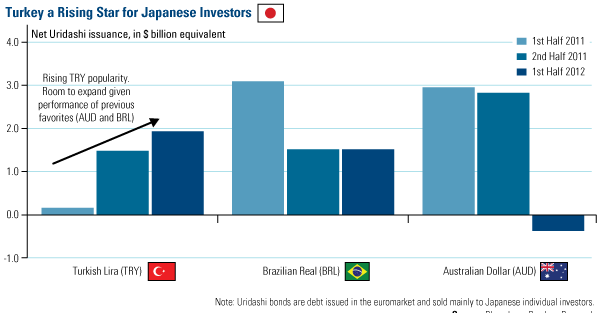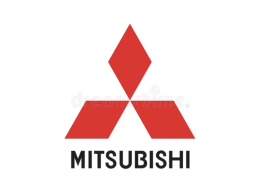Emerging Markets Radar (July 30, 2012)
Strengths
- The HSBC China July Flash PMI improved to 49.5 versus 48.2 in June, though it is still below 50. The manufacturing sub-index moved above 50, suggesting de-stocking pressure is lessened.
- The Nanjing local government announced supportive measures to provide an easy mortgage facility for first-time home buyers who participate in the city’s Provident Housing Fund. Although the central government has been making stern talks to continue to curb the housing market, its differentiated housing policy will stay and first-time home buyers will be supported by better mortgage rates.
- The Shangsha local government initiated Rmb 829 billion investments in 195 projects. This may show the ability of China to support economic growth. These projects are positive to commodity and machinery producers.
- Singapore industrial production jumped 7.6 percent in June, rising far more than the estimate of 2.8 percent growth. Increased pharmaceutical output countered a decline in electronic shipments.
- The Philippine central bank surprised the market by cutting its interest rate by 25 basis points to a record low 3.75 percent. The Philippines also reported a budget deficit of $278 million in June, mainly to improve the country’s infrastructure.
Weaknesses
- The Bank of Thailand, the central bank, kept its benchmark rate unchanged at 3 percent, but revised GDP growth down from 6 percent to 5.7 percent for 2012 due to collateral impact from external factors. Thailand’s industrial production dropped 9.6 percent, and exports fell 2.5 percent in June.
- Hong Kong June trade growth missed expectations. Exports were down 4 percent year-over-year and imports were down 2.9 percent.
- Korea’s second quarter GDP expanded 2.4 percent, growing at the slowest pace in almost three years, below the median estimate for a 2.5 percent gain.
Opportunities
- Turkey and some other high-yielding emerging market countries (such as Russia) may find themselves the beneficiaries of Japanese investor interest previously directed at Brazil. Barclays estimates that potential portfolio flows to Turkey from Japan could reach $5 to 6 billion per year, or the equivalent of 0.8 percent of GDP.

- Philippine infrastructure investment has become a policy priority. In his “State of the Nation Address,” Philippine President Aquino stated “a large portion of our job generation strategy is building sufficient infrastructures,” focusing on airport, rail, and toll roads that would be built, upgraded and/or privatized. The market expects the policy to benefit companies specializing in construction materials and engineering, public utility, and property developers.
Threats
- China was exporting steel at the highest levels in two years last month. Its shipments abroad rose to 8.7 percent of domestic output, the highest proportion since July 2010, indicating soft domestic demand.
- The “whatever it takes” pledge from ECB president Mario Draghi in reference to saving the euro could come with conditions attached. RGE expects the ECB to restrict any assistance to Spain alone, given that Spain signed a memorandum of understanding.








